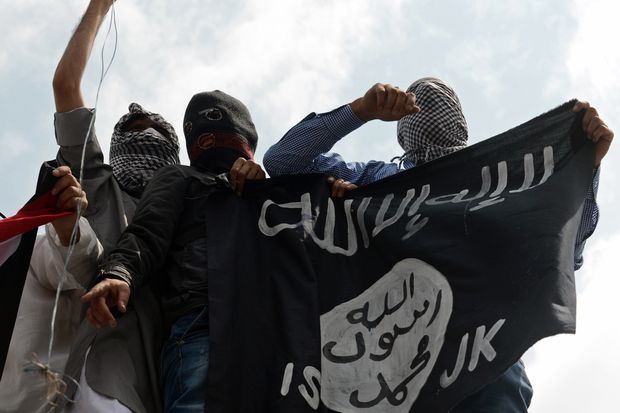[audioplayer src=”http://rss.acast.com/viewfrom22/michaelgovesfightforjustice/media.mp3″ title=”Fraser Nelson and Freddy Gray discuss the march of the Islamic State” startat=1785]
Listen
[/audioplayer]In recent months, as the country went through a general election, our focus has been on our own domestic debates. Meanwhile, the situation in Iraq has deteriorated significantly. After intense fighting, the jihadist group Isis has now taken the city of Ramadi. They already control Fallujah and Mosul. A growing body of opinion says that something must be done, before the group moves on Baghdad or organises a major terror strike over here.
But what? There are plenty of reasons not to take action. Our interventions in Iraq have not been successful, to put it mildly. Looking at the state of the world today — and the Middle East in particular — any government or people would be justified in feeling some trepidation and, in the case of Iraq, a certain fatigue with the whole subject. The British government thought that, with enough money and determination, we could, as Tony Blair said, ‘reorder this world around us’. It turns out that reordering Iraq — never mind the world — is much harder than anticipated. As we have seen there, and in Libya, if you topple a dictator, there’s no way of knowing what comes next.
We have fought in Fallujah before. In 2004, when it had become a stronghold of insurgents after the overthrow of Saddam Hussein, the American army fought one of its hardest battles of that war. US troops fought house to house to clear the city of insurgents. More than 100 American soldiers were killed and hundreds more injured. The battle for Ramadi, which took place at the same time, was equally gruelling and bloody.
Twelve years on, Isis’s success poses difficult questions.








Comments
Join the debate for just £1 a month
Be part of the conversation with other Spectator readers by getting your first three months for £3.
UNLOCK ACCESS Just £1 a monthAlready a subscriber? Log in